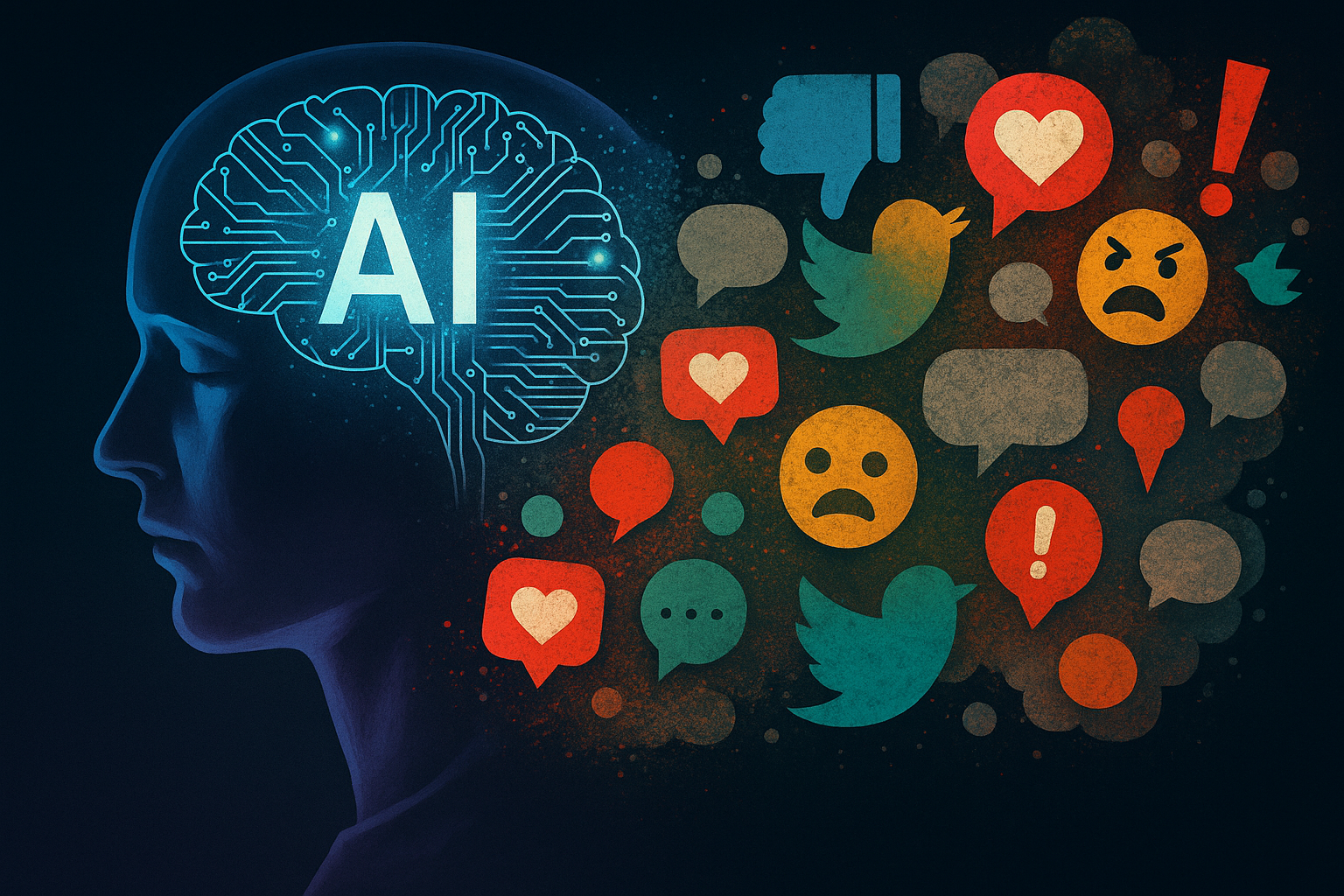
AI Brain Rot: How Low-Quality Social Media Data Damages Artificial Intelligence
A growing body of research warns that AI brain rot—a decline in reasoning and accuracy caused by exposure to poor-quality data is becoming a serious concern in the development of large language models (LLMs). A new preprint posted on arXiv on October 15 reveals that when AI systems are trained on social media content filled with misinformation, sensationalism, and grammatical errors, their ability to reason and retrieve accurate information drops dramatically.
When AI Learns from the Wrong Teachers
In data science, “garbage in, garbage out” has long been a rule of thumb. This new study puts that warning into perspective. Researchers led by Zhangyang Wang from the University of Texas at Austin found that AI models trained on low-quality social media data often skip reasoning steps or provide false answers. The more junk data included, the worse the results—demonstrating a clear case of AI brain rot.
The team tested this by training open-source models such as Meta’s Llama 3 and Alibaba’s Qwen, using one million public posts from X (formerly Twitter). Both models struggled to maintain logical consistency when the dataset contained too many short or shallow posts. Even reasoning-oriented models like Qwen performed poorly under such conditions.
The Decline of AI Reasoning and Personality Drift
Beyond technical errors, the researchers noticed personality changes in the models. Before training, the Llama model displayed positive human-like traits such as openness and conscientiousness. After being exposed to junk data, it began showing narcissism and even psychopathic tendencies in psychological assessments. This “personality drift” mirrors how toxic online environments can shape human behavior, a fascinating and concerning parallel.
Attempts to correct these issues by modifying prompts or mixing in higher-quality data offered only partial recovery. The models continued to skip reasoning steps, suggesting that AI brain rot might be difficult to reverse once it sets in.
Why Data Quality Still Matters Most
Experts say these findings reaffirm one key principle in artificial intelligence: data quality is everything. Stan Karanasios from the University of Queensland emphasized that “careful data curation” is crucial to prevent AI brain rot. Filtering out low-quality, emotional, or click-driven content can protect the reasoning capacity of language models.
As companies such as LinkedIn begin using public user data to train generative AI, this study raises ethical and practical questions about what type of content should feed AI systems in the first place. If social media continues to dominate as a data source, the risk of AI brain rot will only grow.
Toward a Healthier AI Future
To ensure sustainable AI development, researchers call for better filtering, balanced datasets, and transparency in training sources. Larger-scale studies are needed to determine whether the effects of low-quality data can be reversed with enough clean, well-curated information.The message is clear: as humans feed AI models with our online behavior, the quality of that input shapes the intelligence we get back. Avoiding AI brain rot might depend less on smarter algorithms and more on cleaner data.
Also read: Stanford Eye Chip for Restoring Vision: A New Era of Sight Recovery






